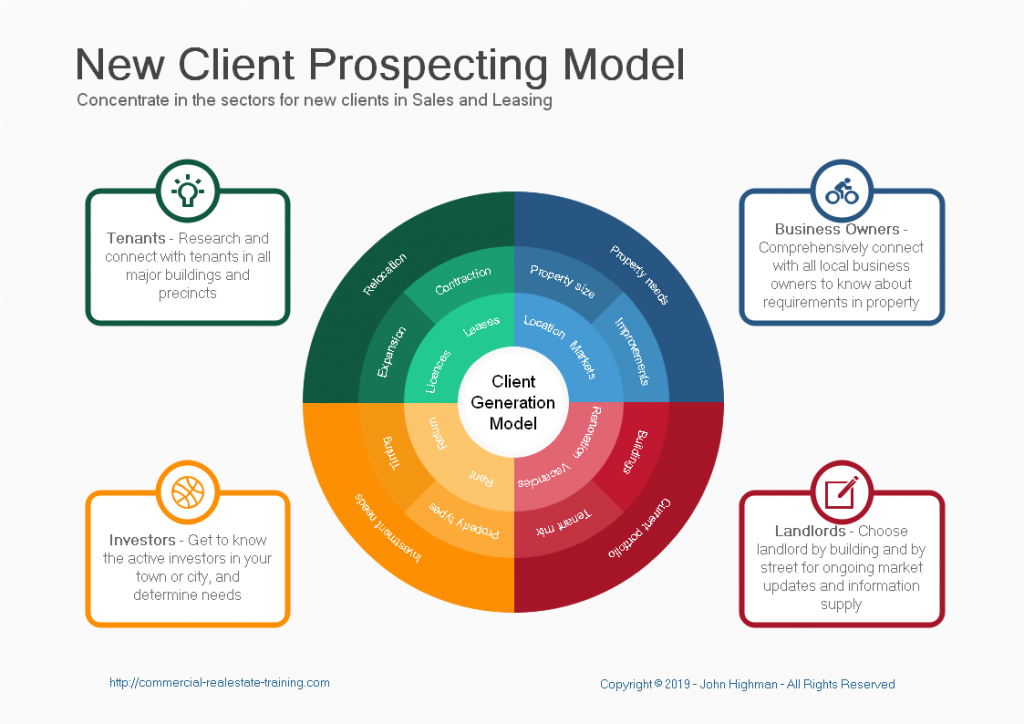The Two Things That Change Your Real Estate Business Forever
In commercial real estate brokerage, you must set a ‘strike zone’ in your territory so you know where you are focusing your efforts as an agent, and why that is the case. Strategies evolve from that. Systems also evolve from that.
An agent without a strike zone and a system that they work to, is an agent that is going nowhere. These two things help you understand where the people and properties are that can give you some ongoing new business.
What does it do? It gives your new business targets clarity locally. It helps you find things. Conversations with people will ‘turn up’ the opportunities. Set up these two things in your business day and agent activities.
Strike Zone and System for Agents
What is your ‘strike zone’ and what is your ‘system’? One of the common problems today in our industry is in agents trying to do far too many things across a wide area or group of property types. They lack clarity and consistency. They don’t have a new business zone or systemized approach.
Do you want to get more new business around you faster? Act on these two strategies and implement them today in your diary. You will soon see what you are looking for. Listings will become less of a problem as your client base grows faster.
Specialization wins real estate business most of the time. Systems of agent consistency connecting with local people is part of that; both of those things will always build a real estate business faster. That business will also be stronger and more resilient during the slow or tough times. How can you define your strike zone, speciality and your system?
Systems to Use in New Business
Advantages await those agents that solve this simple equation. Try some of these ideas:
- Regions and Geographical area – the idea here is that you can break up your zones or greater territory into smaller groups of streets where new business can be canvassed and investigated. In splitting up the areas, you can travel the streets taking photos and making records or notes about buildings and businesses. It is surprising just what you can see when you approach your precinct in this way. Breaking things down helps you see things, and that makes your prospecting model work with greater efficiency.
- Building types – the choices you have here are office, industrial, land, and retail. Before you make a choice in your building focus, understand where most of the future opportunity could be in listings and supply of stock. Demand will also have an impact on the future of the market in your town or city. Where will people like to locate their businesses? What sort of property would they need or prefer? Look at all the variables as you consider the types of buildings that you want to specialize in.
- Client types – the groups here are unique and they should be respected as such as you connect with them. You can approach people differently with stories, market updates, and appropriate listings. Go deeper into your chosen client types and prepare to tap into their needs and channels of investments. Decide how you are going to do that.
- VIPs – some clients are more valuable to you than others over time. It is a selection process to think about and work through given your property speciality and your location. From that concept, you can tune your marketing material as you connect with groups of VIP clients. Focus into groups of people and types of people. You can then send out market updates relating to the location and the changes in the market, rather than just sending out listings. The VIP clients are likely to give you more new business over time.
So, these categories will give you some strategies to think about and implement in your brokerage business system. These categories will also allow you to refine your strike zone of activity and a system to reach out to more people in your town or city.
New Business Plan Facts
Strike zone and system; you can build your entire real estate business plan around these core elements of new business focus. They will make you more successful over time as an agent. Build your system and define your strike zone as a priority. Take consistent action in contacting people.










